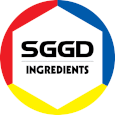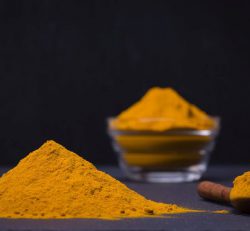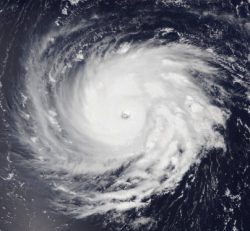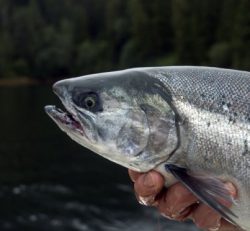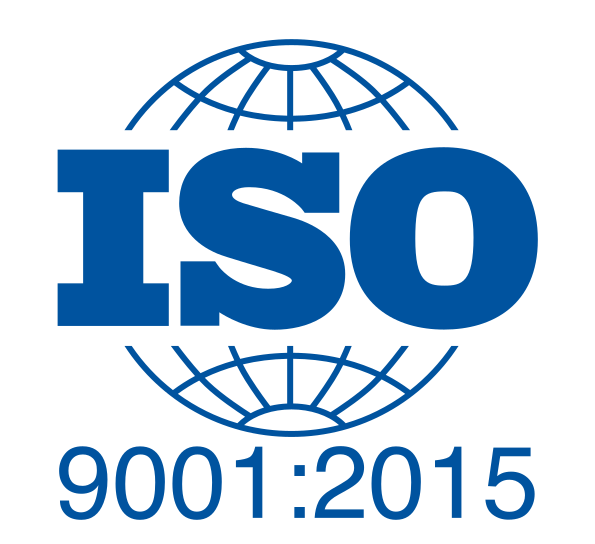RED AND GREEN ALGAE PROMOTING GUT HEALTH
Seaweed contains ‘sulphated polysaccharides’ – components that are not found in plants, yeast or microalgae. Yet animals do react well to them. Combining sulphated polysaccharides from green and red algae, a new strategy has seen the light that can help weaner pigs in programmes without antibiotics.
The use of antibiotics has played a major role in improving pigs’ health and productivity over the last decades, but many countries worldwide have banned or are implementing new regulations aiming at the ban of the inclusion of antibiotics in pig diets as a routine means of growth promotion. This trend has urged an intensive research effort to identify alternative bioactive compounds that are able to promote animal health and performance. Most of the alternatives available in the market rely on different mechanisms yet target the same goal: preventing any intestinal dysbiosis, by regulating the intestinal microflora balance. The modulation of the animal’s immune function is another approach leading to a higher resilience degree against external aggressors and infectious agents. Recent research has highlighted the potential of in-feed marine macroalgal polysaccharides as viable alternatives to in-feed antibiotics in animal production.
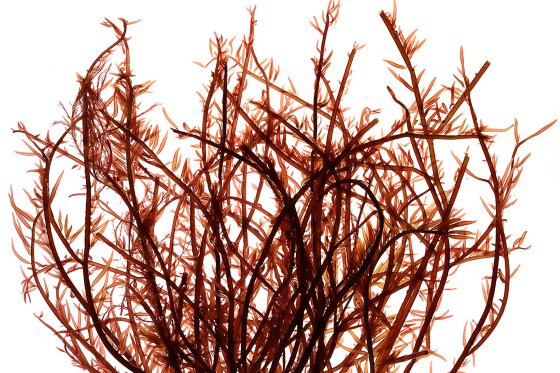
Gut integrity and immunity
Besides digestive functions, immune function is one of the most important activities carried out in the intestinal mucosa. While playing a barrier role towards pathogens and toxins, gut local immune responses are determined by the presence and activity of high numbers of immune cells throughout the mucosa. Approximately 70% of the total numbers of immune cells are located in the intestinal tract (gut associated lymphoid tissue). The gut mucosa is considered a dynamic physical barrier that prevents colonisation by pathogens. The main components that determine gut integrity are the mucus layer which is mainly composed of glycoproteins known as mucins, secreted by the goblet cells; and the tight junctions which are protein complexes that seal the paracellular pathway between 2 adjacent epithelial cells. Thus, supporting the barrier function and enhancing local immune responses in the gastro-intestinal tract will have a positive impact on the systemic immune status of the animals and overall performance.
Macroalgal extracts specificity
The cell wall of marine macroalgae is mainly composed of water soluble sulphated polysaccharides which present a complex structure. The molecular weight and several structural specificities, among others, branched conformation, presence of rare sugar units (xylose and rhamnose) and level of sulphation all have unique biological activities. These include for example modulation of the immune responses and reinforcement of the intestinal mucosa barrier function. Sulphated polysaccharides are specific from macroalgae (they are not found in terrestrial plants, nor microalgae or yeast cells walls). The fact that sulphated polysaccharides possess phylogenetic analogies with animals’ glycosaminoglycanes explain their high degree of reactivity and specific biological activities in animals. Olmix Group, France, has been studying marine biotechnologies for more than 20 years and has focused on the extraction and use of specific macroalgae polysaccharides to support animals in facing modern production challenges. The group’s technology and marine bioactive ingredient extraction know-how has led to the development of an in-feed product, Algimun, which is based on the combination of 2 biologically active macroalgal extracts:
- MSP Immunity, a green algal extract, constitutes an innovative modulating agent that reinforces innate and adaptive immune responses and
- MSP Barrier, a red algal extract, enhances the barrier function of the intestinal mucosa (Figure 1).
Figure 1 – Illustration of global mode of action of the new in-feed strategy*, based on macroalgal extracts.
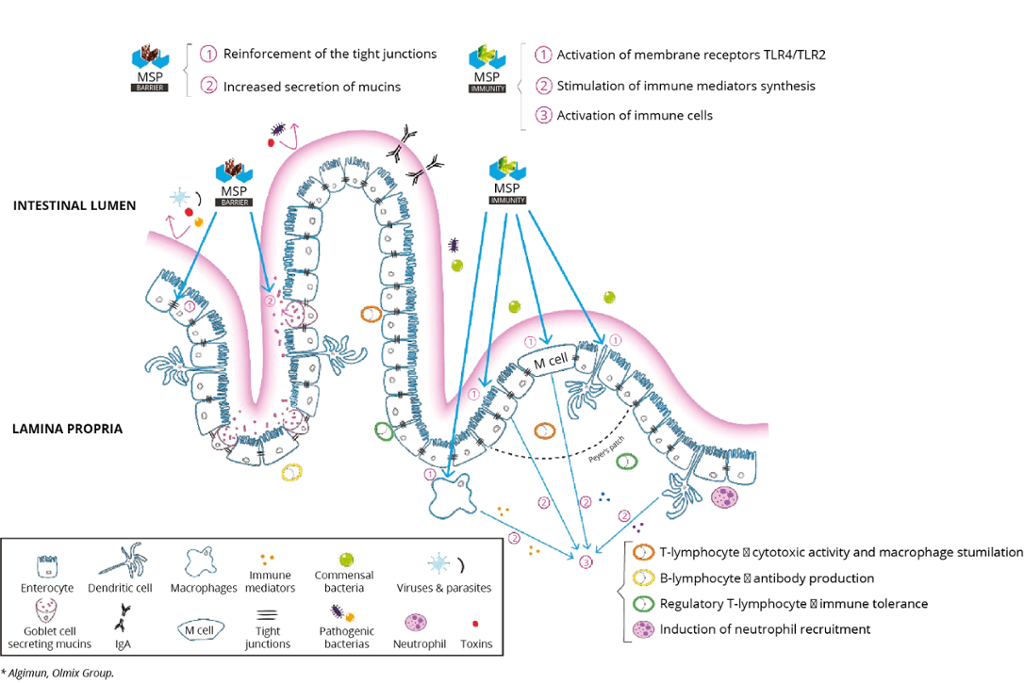
Green algal extract
The effects of the green algal extract were evaluated using the in vitro model IPEC-1 in order to simulate the interaction of the extract with the intestinal epithelium when administered orally. The green algal extract activates the immune response by interacting with membrane receptors, specifically toll-like receptors 4 and 2 (TLR4 and TLR2) and this interaction leads to a rapid activation of transcription factors that control the gene expression of an array of immune response mediators (cytokines and chemokines). These immune mediators are involved in several biological mechanisms such as proliferation and differentiation of B- and T-lymphocytes; recruitment and activation of phagocytic cells (macrophages, neutrophils and dendritic cells) and effector lymphocytes; and intercellular communication by synthesis of immune mediators. Therefore, the green algal extract participates in the modulation of the defence activities linked to both innate and adaptive immune responses.
Red algal extract
The enhancement properties of a red algal extract on the intestinal barrier function were assessed in vitro in 2 colonic epithelial cell lines in physiological and inflammatory conditions (Intestinal Biotech Development, 2017). Enterocyte-like Caco2 cells and mucus-secreting HT-29 MTX cells were used for tight junction and mucin evaluation respectively. The red algal extract was shown to upregulate the expression of different target genes that are essential for optimal functioning of the tight junctions via improving the interaction existing between the plasma membranes of 2 adjacent cells (transmembrane proteins) and the maintenance of the tight junction assembly (scaffolding proteins). Besides, the red algal extract was shown to upregulate the expression of mucin targeted genes that have crucial roles in the regulation of epithelial cell differentiation (membrane-bound), the establishment of the mucus layer (gel-forming) and the prevention of pathogen colonisation. The red algal extract plays a role in the maintenance of gut mucosa integrity which is the first line of defence against pathogens and toxins by rendering the tight junctions stronger and a more functional mucus layer.
Alternative in-feed compound
In short, Algimun can be used as an alternative in-feed compound that is able to promote health and performance of pigs in the nursery phase. The strategy’s algal bioactive compounds boost the animal’s immune responses and reinforce the intestinal barrier function. The use of this approach supports the natural defences of the pigs and can play an important role within antibiotic free production programmes.
References available on request.
Maria Garcia Suarez
For Feed product specialist, Olmix Group
